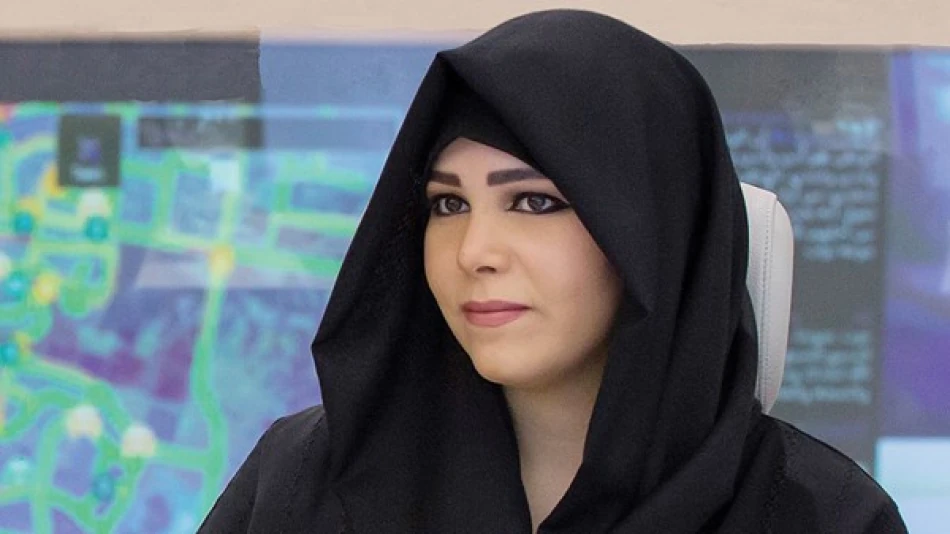
Emirati Woman: The Cornerstone of Our Society, Says Latifa bint Mohammed
UAE's Cultural Leadership Celebrates Women's Global Impact as Nation Marks Golden Jubilee
As the UAE commemorates its 50th anniversary, the nation's commitment to women's empowerment has emerged as a defining characteristic of its rapid transformation from desert nation to global powerhouse. Sheikha Latifa bint Mohammed bin Rashid Al Maktoum, President of Dubai Culture and Arts Authority, highlighted how Emirati women have achieved remarkable international recognition across diverse sectors, positioning the UAE as a regional leader in gender equality and women's advancement.
A Half-Century of Strategic Investment in Women
The UAE's approach to women's empowerment stands out in the Middle East for its systematic and sustained nature. Speaking on the occasion of the 10th Emirati Women's Day, Sheikha Latifa emphasized that supporting women has become "a deeply rooted tradition in our culture and values." This isn't merely ceremonial rhetoric—the UAE has consistently backed these statements with policy and investment.
The theme "Hand in Hand, We Celebrate the Fifty" reflects a deliberate strategy that has unfolded over five decades, transforming the UAE into a nation where women serve as ministers, scientists, entrepreneurs, artists, and even astronauts. This progression mirrors similar transformations in Singapore and South Korea, where strategic investment in human capital, particularly women's education and participation, accelerated economic diversification.
Beyond Individual Achievement: A Systemic Transformation
What distinguishes the UAE's model is its recognition that women's achievements stem from comprehensive societal support systems rather than isolated individual efforts. The leadership's early recognition of women's potential created institutional frameworks that enabled their participation across all sectors of society.
This systematic approach has yielded measurable results. The UAE now boasts one of the highest rates of women's participation in government globally, with women comprising a significant portion of the federal cabinet and holding key positions in major state-owned enterprises and regulatory bodies.
Regional and Global Implications
The UAE's success in women's empowerment carries significant implications for the broader Middle East region. While neighboring countries grapple with balancing traditional values and modernization, the UAE has demonstrated that cultural authenticity and women's advancement can coexist and reinforce each other.
For international investors and multinational corporations, the UAE's commitment to gender equality represents a competitive advantage. Companies increasingly factor workforce diversity and gender equality into their location decisions, particularly for knowledge-based industries and financial services.
Future Trajectory and Strategic Vision
Sheikha Latifa's emphasis on ensuring future generations understand their roles in shaping the nation's destiny reflects a forward-looking strategy that extends beyond current achievements. This approach recognizes that sustainable development requires continuous investment in human capital and institutional capacity building.
The UAE's model suggests that countries can accelerate their development trajectories by systematically removing barriers to women's participation while maintaining cultural identity. As the nation enters its second half-century, this foundation positions it well for the knowledge economy transition that will define the next phase of global economic development.
Most Viewed News

 Layla Al Mansoori
Layla Al Mansoori






